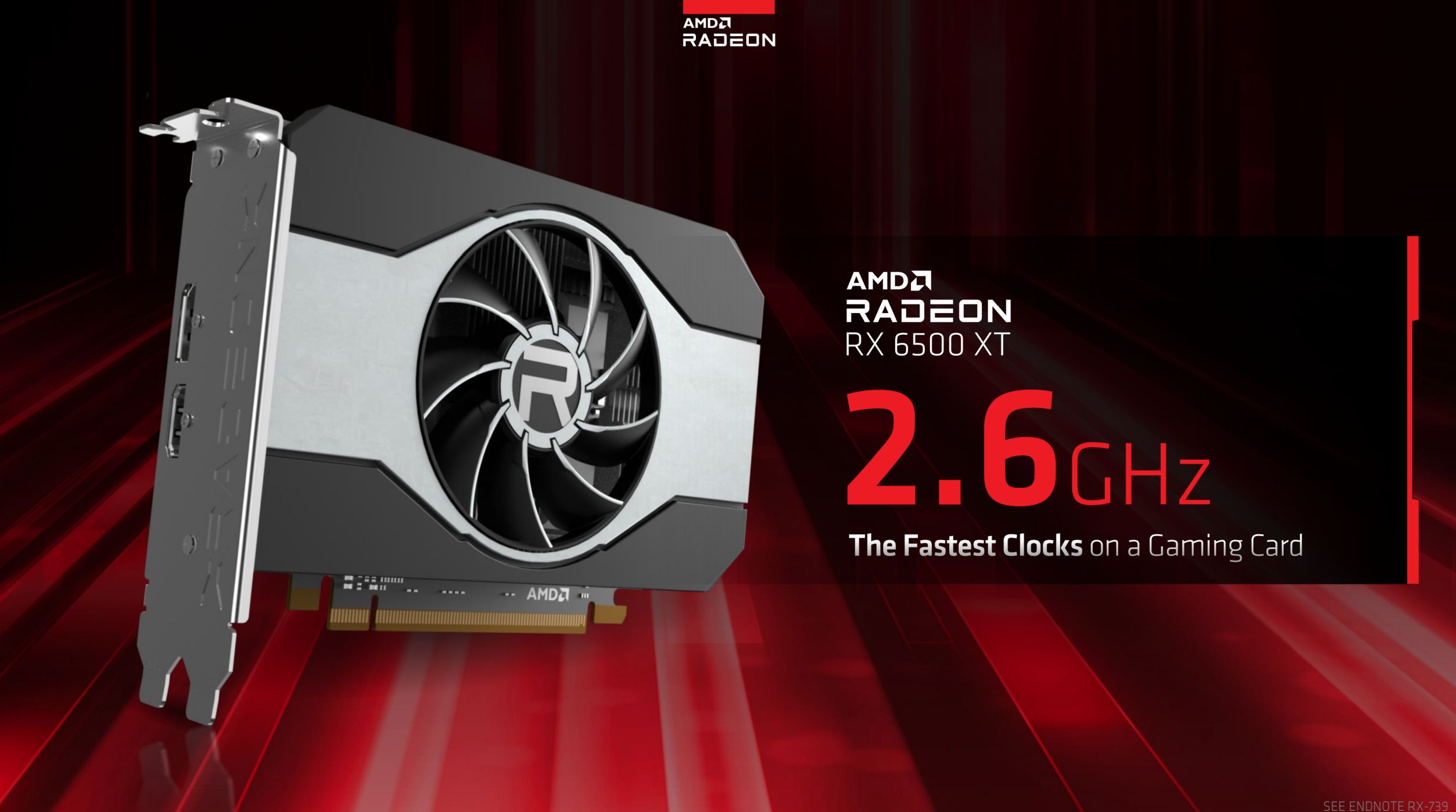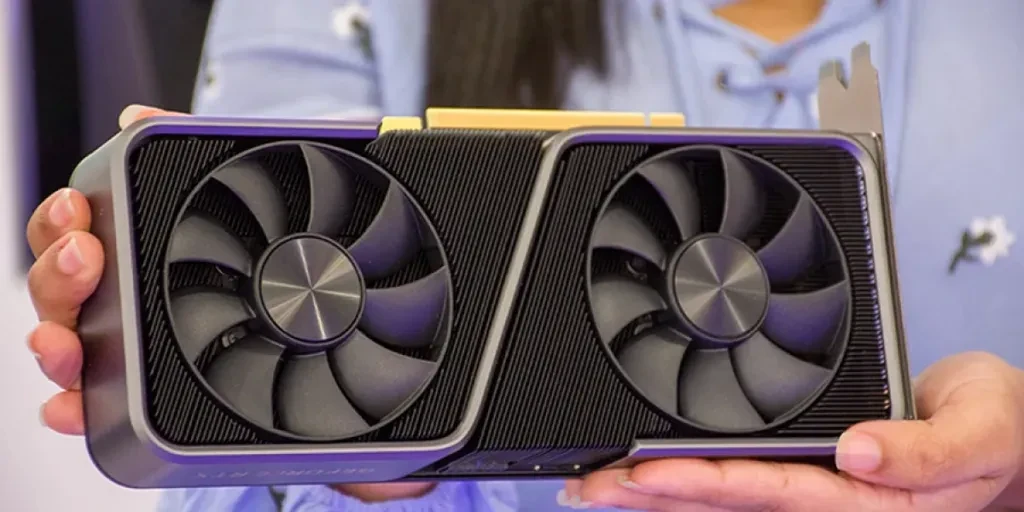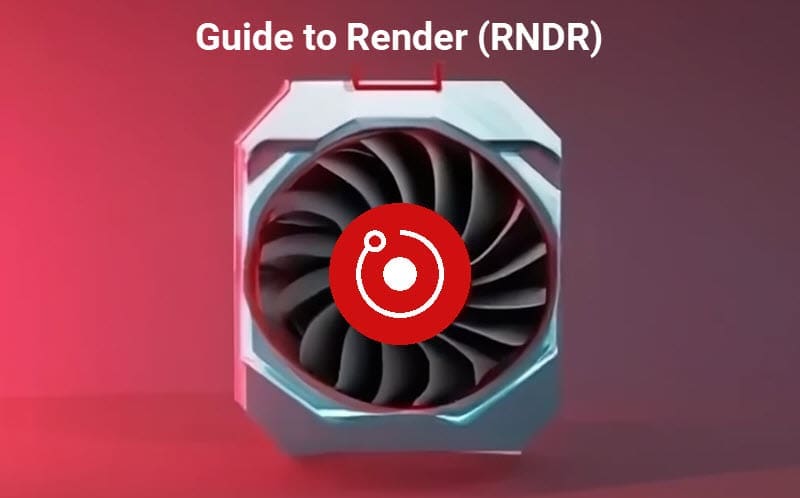A fan in a computer helps cool down the system by circulating air and preventing overheating. It is essential for maintaining optimal performance and longevity of the components.
In the world of technology, computers have become an integral part of our lives, assisting us in various tasks from work to entertainment. With this increased usage, the need for effective cooling systems within computers has also grown. One of the key components responsible for this is the fan.
The fan plays a crucial role in ensuring that the computer operates at a safe temperature by dissipating heat generated during operation. Without proper cooling, the components could overheat, leading to potential damage and decreased performance. We will explore the importance of fans in computers and how they contribute to the overall functionality and efficiency of the system.

Importance Of Fans In Computers
Fans in computers play a crucial role in regulating temperature by dissipating heat generated by the components. This helps prevent overheating and damage to the internal parts, ensuring smooth and uninterrupted performance. In essence, the fan is an essential component in maintaining the optimal functioning of a computer.
Cooling The System
Computer fans play a vital role in maintaining optimal temperatures within a computer system. They work by circulating air throughout the system and dissipating heat generated by the components.
Preventing Overheating
One of the primary functions of fans in a computer is to prevent components from overheating. They help in regulating the temperature to ensure proper functioning.

Credit: reads.alibaba.com
Types Of Fans In Computers
Computers use different types of fans to prevent overheating and maintain optimal performance. Let’s explore the various categories of fans commonly found in computer systems.
Cpu Fans
CPU fans are crucial components that cool the processor, ensuring it operates efficiently. These fans effectively dissipate heat generated by the CPU.
Case Fans
Case fans help in circulating airflow inside the computer case, preventing heat buildup. They are essential for maintaining a stable temperature within the system.
Gpu Fans
GPU fans are dedicated to cooling the graphics processing unit, preventing it from overheating during intensive tasks such as gaming or graphic design.
Factors Affecting Fan Performance
A computer fan plays a crucial role in regulating temperature by dissipating heat generated by internal components. Factors such as fan size, speed, and airflow affect its performance, ensuring optimal cooling efficiency and preventing overheating issues. Proper maintenance and placement enhance overall fan functionality and system longevity.
Factors Affecting Fan Performance When it comes to the functioning of a computer, fan performance plays a crucial role. The efficiency of a computer fan greatly depends on various key factors such as airflow design, fan speed, and size. All these factors collectively contribute to the optimal functioning of the fan and ensure effective cooling of the computer system. Airflow Design The airflow design of a computer fan influences its ability to circulate air efficiently. A well-designed airflow ensures that the fan can effectively dissipate heat from the internal components of the computer. The direction and distribution of airflow within the computer case play a critical role in maintaining the overall temperature and preventing overheating. Fan Speed and Size Fan speed and size are two essential elements that directly impact the performance of a computer fan. The speed at which the fan blades rotate determines the amount of air it can move within a specific time frame. Additionally, the size of the fan also contributes to its ability to generate airflow. Larger fans are often capable of moving more air compared to smaller ones, thereby providing better cooling potential. In conclusion, the factors influencing fan performance are integral to the overall functionality of a computer system. By considering the airflow design, fan speed, and size, individuals can effectively optimize their computer’s cooling capabilities and ensure smooth operation.
Credit: www.stopsaving.com
Signs Of Fan Issues
Fans in computers help cool down components, preventing overheating. Signs of fan issues include excessive noise, poor performance, and system crashes. Regular maintenance can prevent problems and ensure optimal computer function.
Excessive Noise
If you’ve ever wondered what that buzzing or whirring sound is coming from your computer, chances are it’s your fan. A fan is an essential component in a computer’s cooling system, but sometimes it can start to make a lot of noise. This excessive noise can be a sign of a fan issue that needs attention.
When your fan is excessively noisy, it could indicate a variety of problems, such as a worn-out bearing, misalignment, or a buildup of dust and debris. Over time, these issues can cause the fan to work harder and become less effective at cooling your computer, which could lead to other problems like overheating.
If you notice your computer’s fan making unusually loud or strange noises, it’s important to address the issue promptly. Ignoring the problem could result in further damage to your computer and potentially even data loss.
System Shutdowns
Another sign of fan issues is when your computer starts shutting down unexpectedly. If your computer is running hot due to a malfunctioning or overheated fan, it can trigger an automatic shutdown to prevent damage to the internal components.
System shutdowns can be frustrating and disruptive, especially if you’re in the middle of an important task or project. But these shutdowns shouldn’t be ignored, as they could be a warning sign of serious fan issues that need to be addressed.
When your computer shuts down unexpectedly, it’s essential to diagnose the root cause and fix any fan-related problems. This may involve cleaning the fan, replacing worn-out parts, or seeking professional assistance if necessary.
Summary
A fan is a critical component in a computer’s cooling system, but it can experience issues over time. Excessive noise and unexpected system shutdowns are two common signs of fan problems that shouldn’t be ignored. If you encounter any of these signs, it’s crucial to address the issue promptly to prevent further damage to your computer and ensure its longevity.
Maintenance And Upgrades
Fans play a crucial role in keeping a computer cool and preventing overheating. Regular maintenance and upgrades of fans are essential to ensure the optimal functioning of your computer. In this section, we will explore two key aspects of fan maintenance and upgrades: Cleaning the Fans and Upgrading to High-Performance Fans.
Cleaning The Fans
Cleaning the fans is an important task that should be performed regularly to keep your computer in top shape. Over time, dust and debris can accumulate on the surface of the fans, obstructing airflow and reducing cooling efficiency. Here are a few steps you can take to clean your fans:
- Power off your computer and unplug it from the power source for safety reasons.
- Open up the computer case to access the internal components. Take note of the fan placements.
- Gently use compressed air or a vacuum cleaner with a brush attachment to remove the dust buildup on the fans. Be careful not to touch the fans directly to avoid causing any damage.
- If necessary, use a soft, lint-free cloth damped with isopropyl alcohol to wipe away stubborn stains on the fan blades.
- Close the computer case, plug it back in, and power it on to check if the cleaning process has improved the fan’s performance.
By following these steps periodically, you can prolong the lifespan of your computer’s fans and maintain proper cooling capacity.
Upgrading To High-performance Fans
If you find that your current fans are not providing adequate cooling or if you are looking to overclock your system, upgrading to high-performance fans can be a worthwhile investment. High-performance fans are specifically designed to maximize airflow while minimizing noise levels, ensuring efficient cooling and enhanced performance.
| Benefits of Upgrading to High-Performance Fans |
|---|
| 1. Improved Cooling Efficiency: |
| High-performance fans are engineered with advanced technologies to deliver a higher volume of air, effectively dissipating heat and reducing the risk of overheating. |
| 2. Lower Noise Levels: |
| These fans are designed to operate quietly, ensuring a more peaceful computing environment without compromising on cooling performance. |
| 3. Enhanced System Stability: |
| By maintaining lower temperatures, high-performance fans can help stabilize your system, preventing unexpected shutdowns and improving overall longevity. |
When upgrading your fans, it is important to consider factors such as compatibility with your computer case and the power requirements of the new fans. You can consult with a computer technician or refer to the manufacturer’s specifications for guidance.
In summary, proper maintenance and occasional upgrades of your computer’s fans are crucial for maintaining optimal cooling and overall system performance. By cleaning the fans regularly and upgrading to high-performance options when necessary, you can ensure a cooler, quieter, and more efficient computing experience.

Credit: www.pcworld.com
Frequently Asked Questions On What Does A Fan Do In A Computer
What Does A Fan Do In A Computer?
A computer fan helps to cool down the internal components by circulating air and preventing overheating.
How Does A Computer Fan Work?
A computer fan works by spinning blades that create airflow, drawing in cool air and expelling hot air from the components.
Why Is A Fan Important In A Computer?
A fan is important in a computer to prevent overheating, which can damage the components and lead to system crashes.
What Happens If A Computer Fan Stops Working?
If a computer fan stops working, the components can overheat, causing performance issues and potential damage to the system.
How Can I Tell If My Computer Fan Is Working?
You can check if your computer fan is working by listening for the sound of the fan spinning and feeling for airflow near the vents.
Conclusion
A fan in a computer plays a crucial role in maintaining cool temperatures to ensure optimal performance and prevent damage. Understanding the function and maintenance of this component is essential for any computer user. By keeping the system cool, the fan helps to extend the lifespan and enhance the overall functionality of the computer.